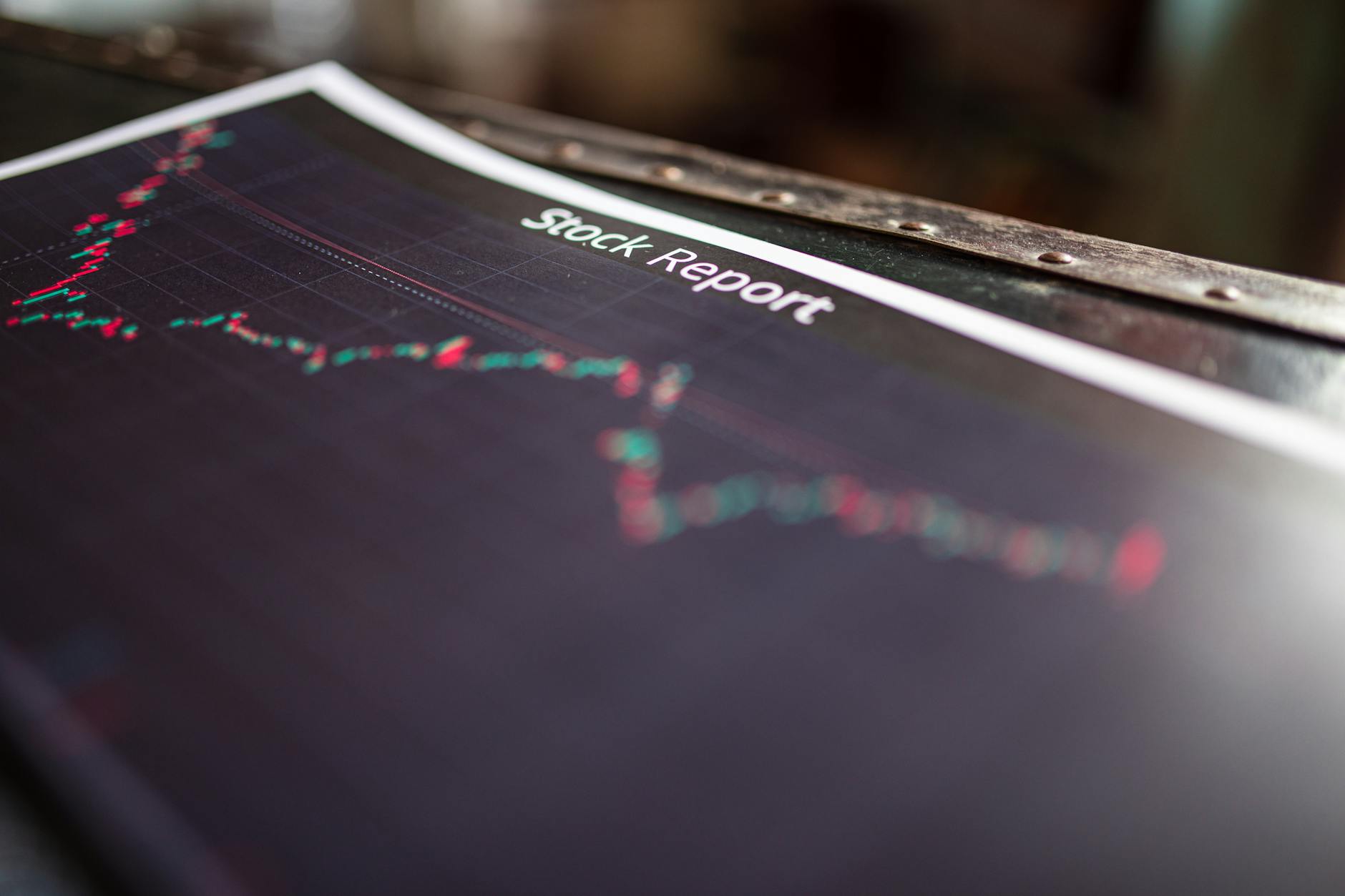Gentlemen, let’s delve into the fascinating, if occasionally bewildering, history of stock market investing. I’ve spent decades navigating this landscape, and while the mechanics have changed (no more shouting into a phone!), the fundamental principles remain surprisingly consistent. It’s a journey from quill pens and ledgers to algorithms and crypto-…well, let’s not go there. Yet.
The Early Days: A Wild West of Finance
Imagine a world without electronic trading platforms. Picture bustling, smoky rooms where fortunes were made and lost with the flick of a wrist and a whispered bid. The early stock exchanges, like the Amsterdam Bourse in the 17th century, were chaotic affairs. Information spread slowly, trading was opaque, and regulation? Let’s just say it was…lax. This Investopedia article offers a glimpse into that era, brimming with tales of audacious schemes and rapid riches (and equally rapid ruin).
These early markets laid the foundation for the modern system, albeit a far more structured one. The rise of joint-stock companies, allowing for broader ownership and risk-sharing, was a pivotal moment. Think of the Dutch East India Company – a multinational corporation before the concept even existed! Their success demonstrated the potential, and the perils, of pooled investments.
The Industrial Revolution and Beyond: A Boom, Then a Bust
The Industrial Revolution fueled unprecedented growth. Railroads, factories, and technological advancements created a surge in investment opportunities. However, this period also witnessed spectacular booms and devastating busts – a pattern that unfortunately continues to this day. The Panic of 1907, for instance, exposed the fragility of the unregulated financial system. This is where the need for regulation truly became apparent – though even now, things are far from perfect.
The 20th century saw the rise of financial behemoths and increasingly complex trading strategies. The Great Depression taught some harsh lessons about market volatility and the dangers of excessive speculation. I recall reading about some of these investors in this Britannica piece. The lessons from these events are still relevant today – an investor’s education should always consider the historical context.
The Modern Era: Technology, Globalization, and…Crypto?
Today’s markets are intertwined with technology. High-frequency trading, algorithmic trading, and the constant deluge of data have transformed the landscape. Globalization adds another layer of complexity, connecting markets worldwide in a way unimaginable just a few decades ago. The world is your oyster, my friends, but it’s a particularly salty oyster.
While the mechanics have evolved dramatically, the basic principles of value investing, risk management, and long-term perspective remain timeless. Sure, cryptocurrencies have thrown a wrench into the works (or a hammer, considering their volatility!), but they also represent the spirit of innovation and speculation that’s been inherent in the markets since their inception. I’m old school, personally. I’d rather stick to my blue-chip coffee, thank you very much.
And speaking of old school, if you’re playing the market, you’ll need a mug worthy of your victories and losses. Consider grabbing a mug for stock investors – it’s the perfect vessel for your morning caffeine fix while contemplating your portfolio.
Lessons from the Past: A Timeless Wisdom
From the chaotic trading floors of Amsterdam to the algorithmic markets of today, one lesson endures: patience and discipline are key. While quick profits might be tempting, long-term investing often yields superior returns. I’ve seen it firsthand – those slow and steady wins often trump the get-rich-quick schemes.
Diversification, understanding your risk tolerance, and conducting thorough research are also vital aspects of successful investing. Avoid the hype, stick to your strategy, and remember – even the most meticulous coffee ritual won’t guarantee profits. But it *will* enhance your investment contemplation sessions.


